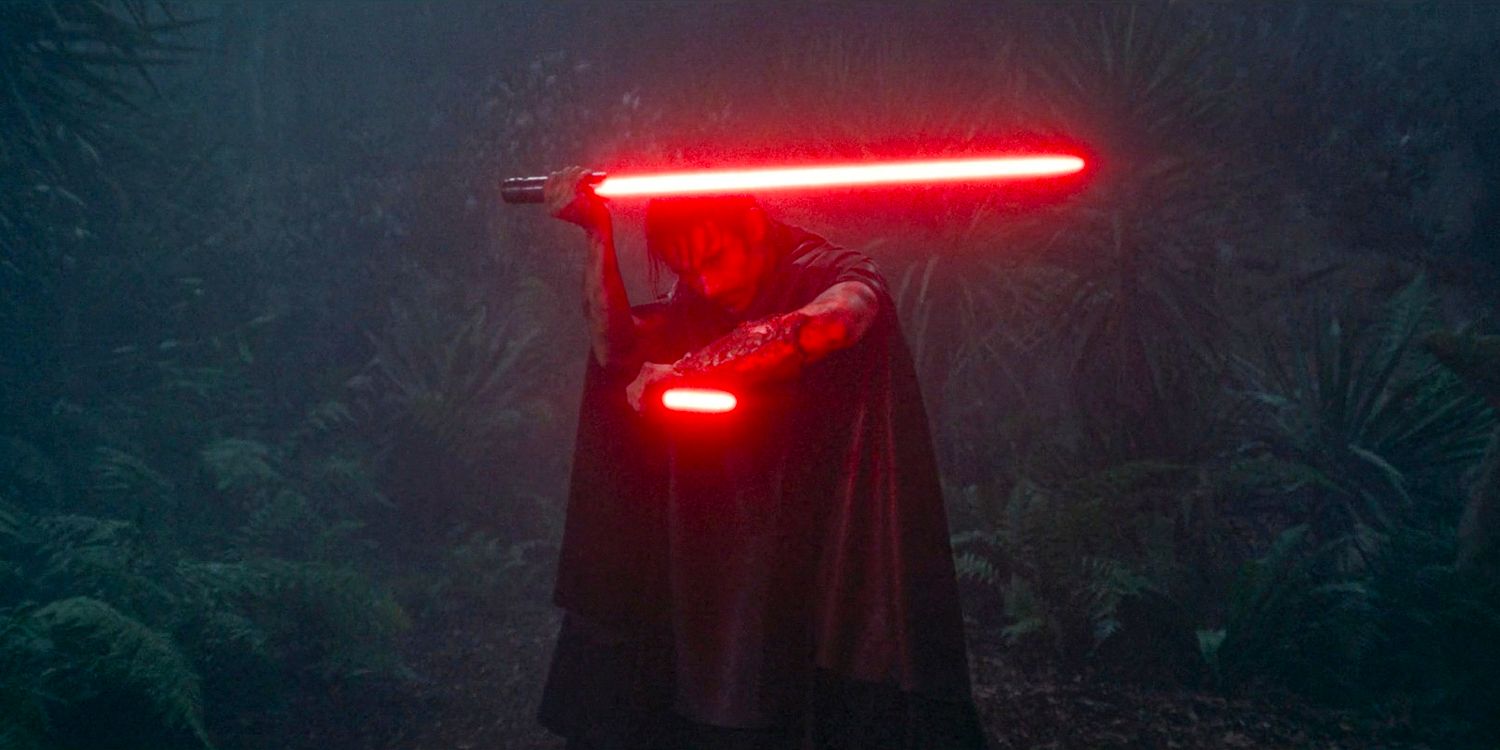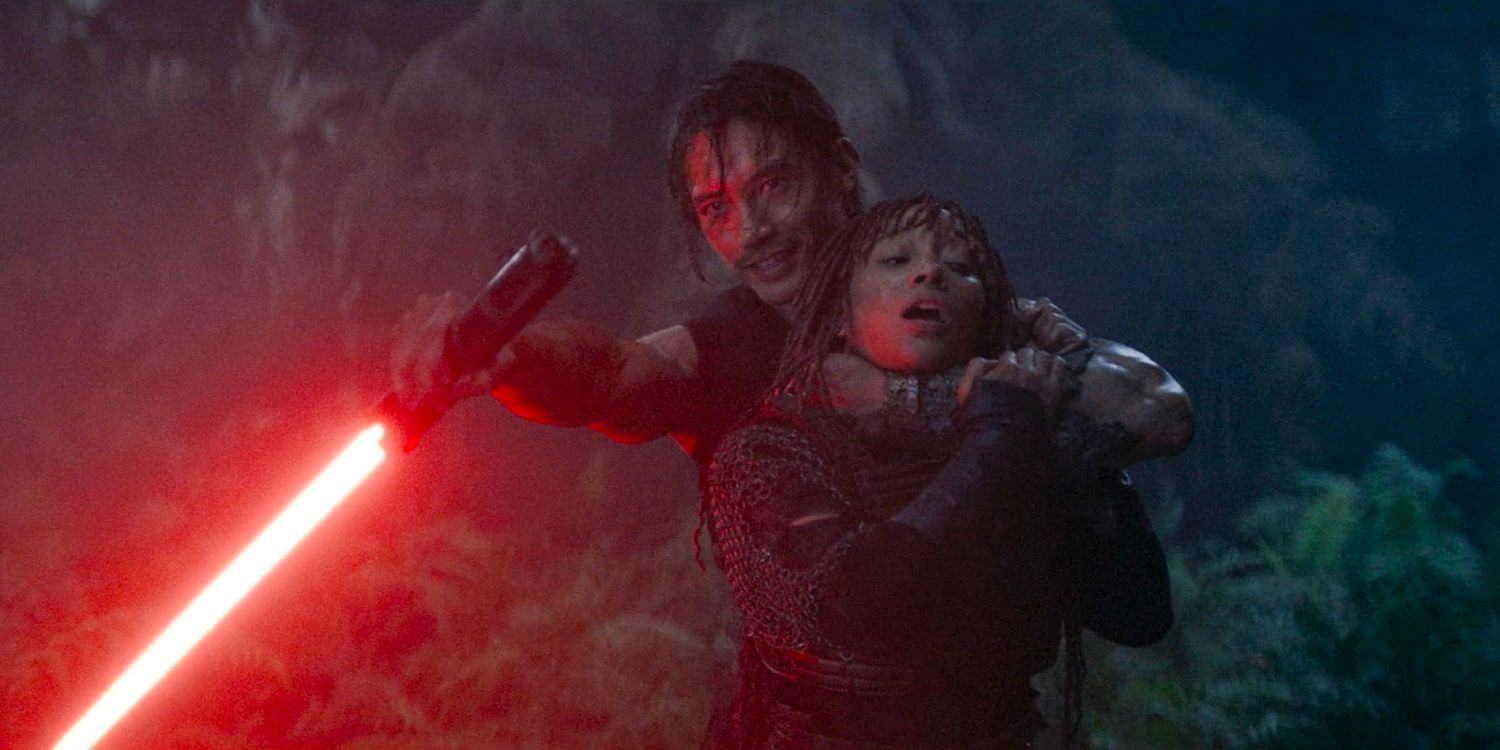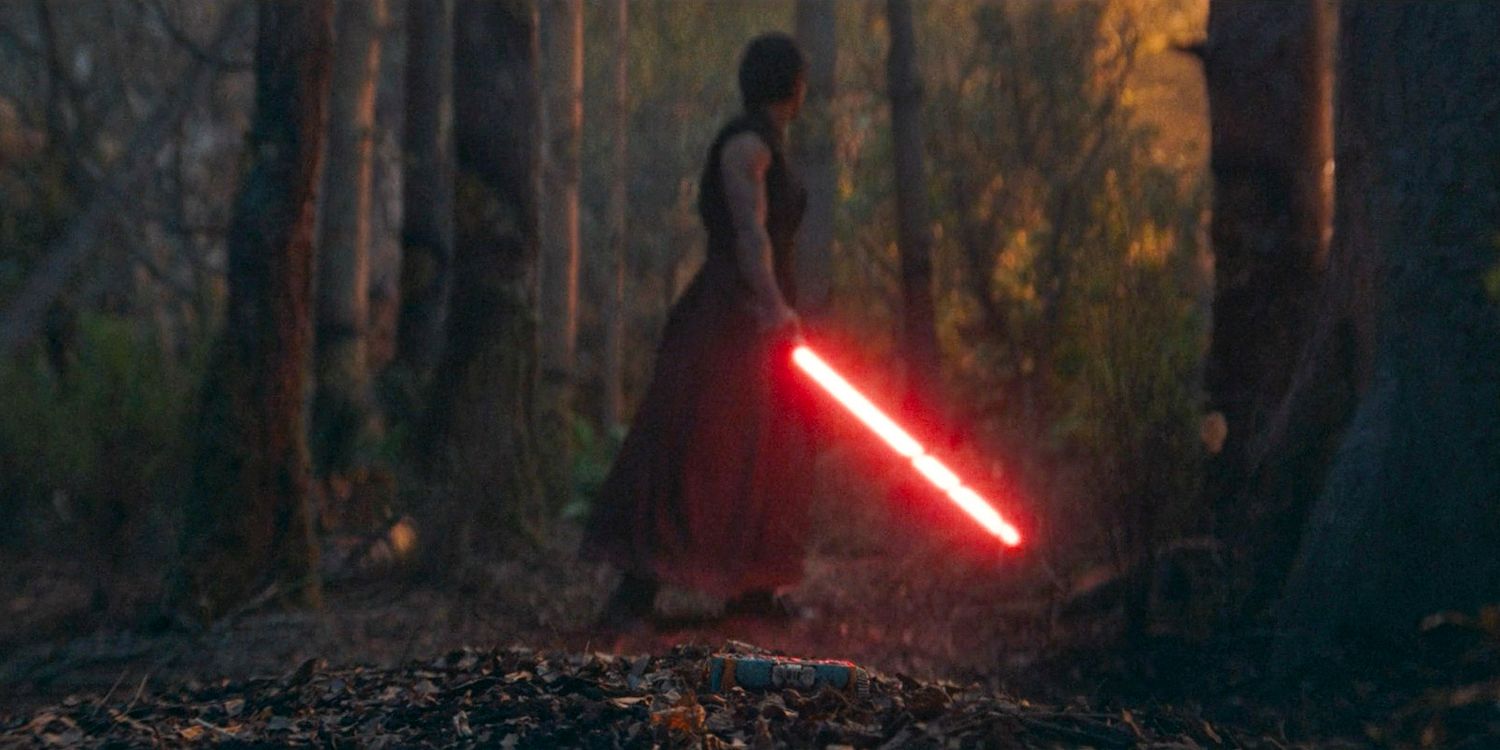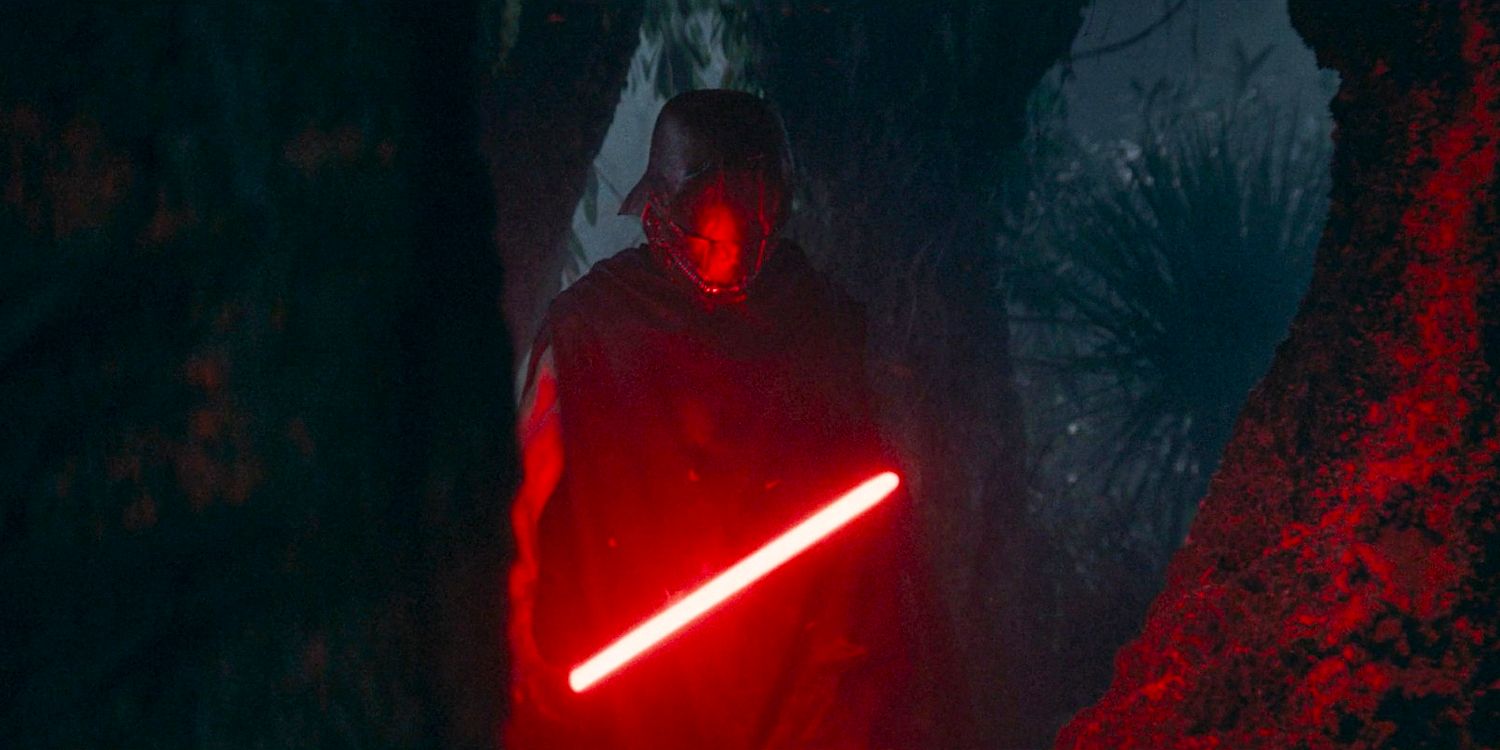
Star Wars is undoubtedly one of the most successful franchises in modern popular culture, but it also has one of the most divided fandoms. The latest TV show, Leslye Headland’s The Acolyte, has been the subject of intense controversy; there’s been a literal backlash against The Acolyte, complete with a review-bombing campaign on Rotten Tomatoes, Metacritic, and the like. That makes it all the more important to critically assess whether The Acolyte is a Star Wars success story, especially because this is the first step beyond the Skywalker saga.
The Acolyte’s Rotten Tomatoes Score Is A Really Poor Indicator
A review-bombing campaign makes Rotten Tomatoes useless

It’s common to look at Rotten Tomatoes to get a sense of how popular and well-liked a TV show really is. Unfortunately, in the case of The Acolyte, there’s substantial evidence of a massive review-bombing campaign that completely distorts the results. At time of writing, the show has an audience score of just 14%, with over 25,000 reviews. To give an idea, that’s more reviews than all three seasons of The Mandalorian, or even than Game of Thrones season 1 – which seems most improbable.
I tested a random sample of 30 reviews, checking for evidence of whether they were written by human beings or bots; 29 of the 30 were highly likely to be AI-generated. Meanwhile, it doesn’t even take a little digging on social media to stumble across conversations between certain parts of the fandom who are determined to get the score down as low as possible. In one case, the conversation even happened in the replies to an official Star Wars Twitter post.
The backlash is largely because the show is perceived as “woke.” The Acolyte showrunner Leslye Headland has come in for heavy criticism because of a claim this was the “gayest Star Wars show ever,” which she later stated was an awkward response to a question she didn’t know how to answer. Some criticism has felt somewhat over-the-top, with a particularly absurd backlash over the age of Jedi Master Ki-Adi-Mundi (The Acolyte contradicted a non-canon CD-ROM from 1999 and a non-canon trading card from 2013). I refuse to believe anybody really cares about Ki-Adi-Mundi’s age.
The net result, though, is that it’s impossible to use Rotten Tomatoes as evidence for how well-received (or not) The Acolyte really is. Instead, the only option is to look to viewership – and that’s where things get really tricky. Streaming services carefully avoid giving concrete data, meaning it’s only possible to assess using third-party metrics.
Nielsen’s Viewership Data Gives A Mixed Picture For The Acolyte
The show is doing fairly well, but not great










Nielsen is generally seen as the most reliable source for viewership figures, and data for The Acolyte suggests the show is doing reasonably well. Here’s how the premieres compare to other live-action Star Wars Disney+ TV shows (data not available for The Mandalorian season 1):
TV show
Estimated minutes of viewing
The Mandalorian season 2
1,032 million
The Mandalorian season 3
823 million
Obi-Wan Kenobi
513 million
Ahsoka
414.5 million
The Book of Boba Fett
389 million
The Acolyte
244 million
Andor
208 million
The Acolyte‘s viewership is apparently lower than any other show bar Andor. Now, it’s worth stressing that doesn’t mean The Acolyte is a failure; Lucasfilm has already commissioned Andor season 2, proving 208 million is fine. It does, however, reinforce the sense that Star Wars is associated with major established brands. The Mandalorian is essentially Disney+’s flagship show, Obi-Wan Kenobi featured the return of Ewan McGregor and Hayden Christensen, and even Ahsoka was really a live-action Star Wars Rebels season 5. The Acolyte lacks that pre-established draw, clearly so important for Star Wars.
But, again, is that really a problem? The simple truth is that Star Wars needs to keep expanding as a franchise, and it has to go beyond the established names sooner or later. The Mandalorian will always be pretty much impossiible to match, because it literally released alongside the launch of Disney+, shooting its new characters to galactic levels of prominence. The Acolyte was never going to be the next Mandalorian; but as it stands, in spite of the backlash, it seems to be doing OK.





